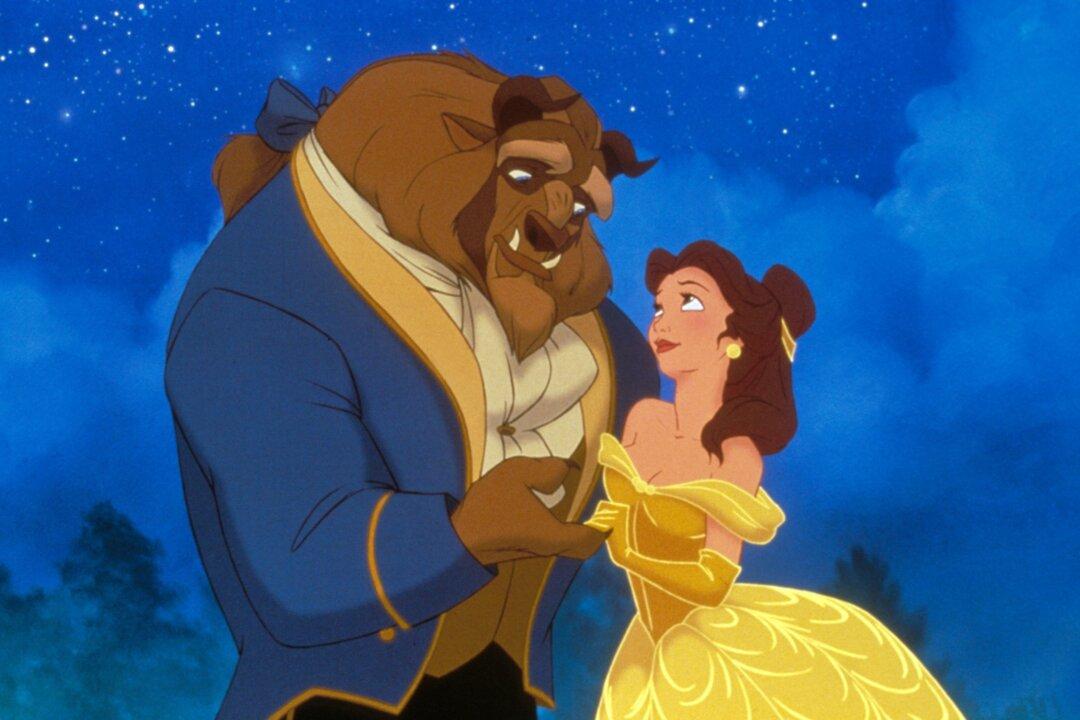“Beauty and the Beast” (1991) is about the healing, freeing power of love. It offers mature, not misguided, role models of masculinity and femininity. When children watch this animated film, they can be encouraged to reflect on and discuss the fine values that its fascinating characters and motifs suggest. Here you’ll find the plot summary, cast, reviews, and ratings for this Disney classic.
The prince has everything he wants, but he is selfish and unkind. The tale’s point is that wealth lies not in having, but in being loving and doing the loving thing. The enchantress, disguised as a beggar, tells the prince that beauty lies within.





